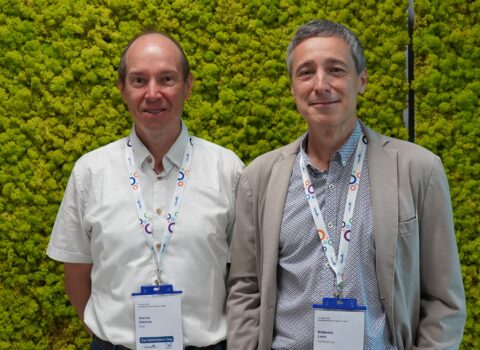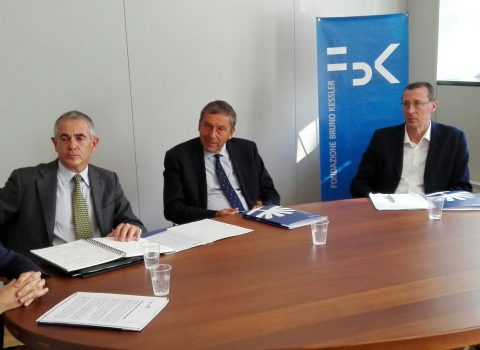#dedagroup
-
 July 13, 2023Co-Innovation Day 2023Dedagroup e Fondazione Bruno Kessler: il co-innovation lab come esperienza virtuosa di collaborazione tra ricerca e impresa. Dai casi d’uso per il mondo finanziario, della moda e della pubblica amministrazione alla roadmap evolutiva futura.
July 13, 2023Co-Innovation Day 2023Dedagroup e Fondazione Bruno Kessler: il co-innovation lab come esperienza virtuosa di collaborazione tra ricerca e impresa. Dai casi d’uso per il mondo finanziario, della moda e della pubblica amministrazione alla roadmap evolutiva futura. -
May 23, 2017FBK-Dedagroup joint lab: looking for 4 developersThe joined FBK Dedagroup initiative is starting the job! Four Developers positions for the Co-Innovation Lab are available now.
-
 January 9, 2017Dedagroup and Fondazione Bruno Kessler create the co-innovation labTechnology, new standards and best practices for the interoperability of data and services to support digital transformation.
January 9, 2017Dedagroup and Fondazione Bruno Kessler create the co-innovation labTechnology, new standards and best practices for the interoperability of data and services to support digital transformation.